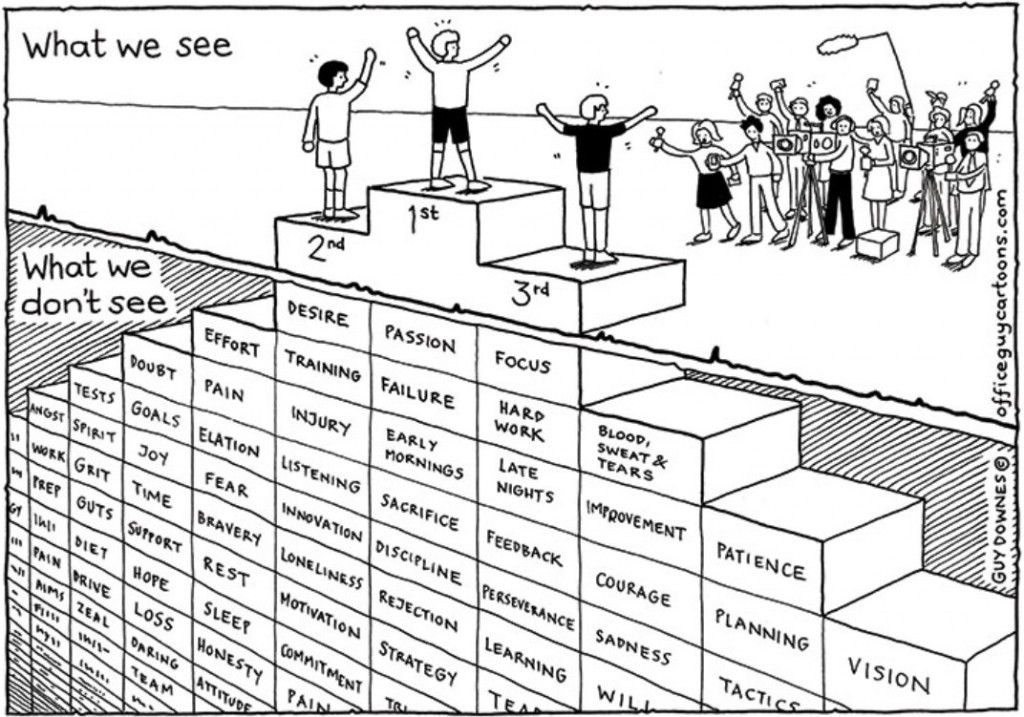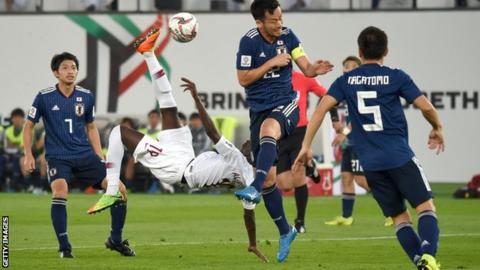L’attività fisica particolarmente impegnativa tende a ridursi nella maggior parte degli animali con l’aumentare dell’età. Nell’uomo questo dato non è sempre vero, poiché si rileva oggi un significativo aumento degli individui che continuano a restare fisicamente attivi anche quando sono anziani.
Il successo che in questi anni in tutto il mondo sta conoscendo la maratona (42,195 km) è una dimostrazione di questo dato.
- Nel 2018 in Italia l’anno portata a termine 37.874 individui di cui 6.872 sono donne.
- Continua ad aumentare il numero di runner che corrono la maratona con tempi a partire da quattro ore e trenta minuti: quest’anno sono stati 9508, corrispondenti a un incremento rispetto al 2017 del 25%.
- Inoltre solo 43 atleti hanno corso in meno di due ore e trenta equivalente a un decremento in Italia del 23,2%.
- Anche la fascia tra tre ore e tre ore e trenta è diminuita del 28,6% e corrisponde a 6.553 individui.
- La fascia di tempo con più partecipanti è stata tra tre ore quarantacinque e quattro ore: 4.752 (con un decremento rispetto all’anno precedente del 5,8%.
Probabilmente ha ragione Daniele Menarini che interpreta questo dato dell’aumento della lenta percorrenza come l’emergere a livello di maratona dei fenomeni di fitwalking e nordic walking che sono pratiche ampiamente diffuse nel podismo italiano. La maratona è pur sempre una sfida con se stessi che è protratta nel lungo tempo anche se svolta a basse andature. Accettare questo approccio può portare a una concezione di questa gara come un’esperienza motivante anche per chi non corre (o cammina) con la logica del tempo ma di vivere un’esperienza che un cittadino resta comunque estrema. Menarini suggerisce a quest riguardo di aumentare il tempo massimo per accogliere più partecipanti, seguendo lo spirito di quanto avviene in Giappone e ci ricorda qui sotto lo scrittore-maratoneta Murakami Haruki
“…affronto i compiti che ho davanti e li porto a compimento ad uno ad uno, fino a esaurimento delle forze. Concentro l’attenzione su ogni singolo passo, ma al tempo stesso cerco di avere una visione globale e di guardare lontano. Come vengono giudicati il tempo che ottengo in gara e il mio posto in graduatoria, come venga considerato il mio stile, è di secondaria importanza. Ciò che conta per me, per il corridore che sono è tagliare un traguardo dopo l’altro con le mie gambe. Usare tutte le forze che sono necessarie, sopportare tutto ciò che devo e alla fine esere contento di me. Imparare qualcosa di concreto- piccolo finchè si vuole ma concreto- dagli sbagli che faccio e dalla gioia che provo. E gara dopo gara, anno dopo anno, arrivare in un luogo che mi soddisfi. O almeno andarci vicino. Se mai ci sarà un epitaffio sulla mia tomba, e se posso sceglierlo io, vorrei che venissero scolpite queste parole: “Murakami Haruki, scrittore e maratoneta. Se non altro fino alla fine non ha camminato”. Perché si dica quel che si vuole ma io sono un maratoneta”.
Fonte: Murakami Haruki “L’arte di correre”, Torino, Einaudi.







